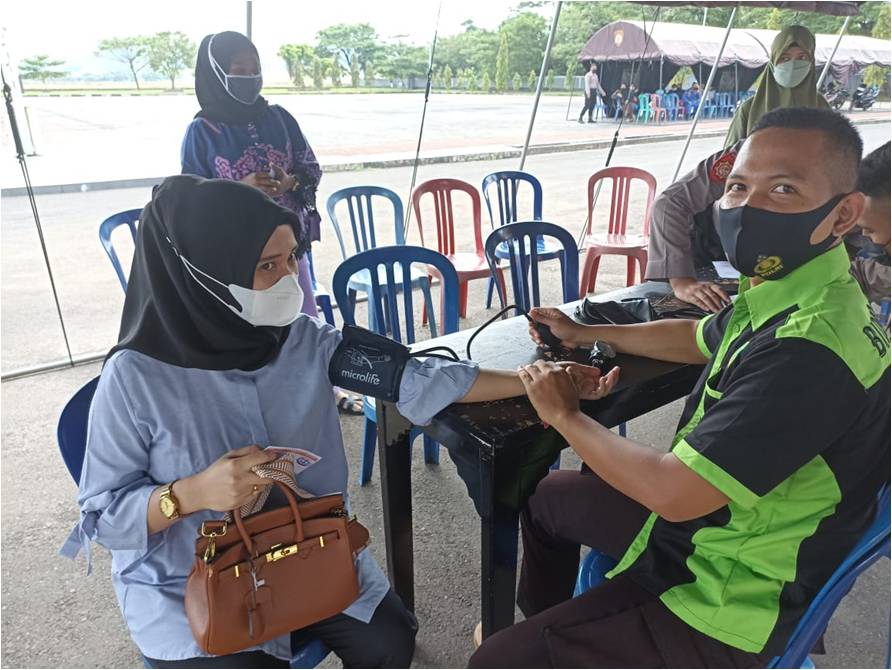Because of several physiological reasons, a woman will feel the effects of alcohol more than a man, even if they are the same size. There is also increasing evidence that women are more susceptible to alcohol’s damaging effects than are men. Below are explanations of why men and women process alcohol differently. Medical detox, combined with a complete addiction treatment program, can help you find stability in recovery. How long you feel the effects of alcohol depends on the amount of alcohol in your bloodstream, which varies from person to person . The FHE Health team is committed to providing accurate information that adheres to the highest standards of writing. This is part of our ongoing commitment to ensure FHE Health is trusted as a leader in mental health and addiction care. Women typically have higher body fat percentage and lower percentage of body water compared to men, so women will process alcohol slower. Blood tests and liver function tests can help determine if your liver is healing.
Can I pass a breathalyzer in 8 hours?
Generally, a breathalyzer test can test positive for alcohol for up to 12 hours after consuming one alcoholic drink. The average urine test can also detect alcohol 12-48 hours later. If your BAC is 0.08, it will take approximately 5 hours to metabolize the alcohol completely before you can become “sober” again.
PerJournals of Gerontology,as you age, your liver function and blood flow reduce. A slowed metabolism can mean that it will take longer for a drug to fully leave your system. The more you use a drug, the more tolerant your body becomes to lower doses. If you are a regular drug user, it will also take longer for the drug to leave the body. Even if it doesn’t feel like it is still active in the bloodstream, it can still be detected through a drug test. When drugs are smoked, as theNational Institute on Drug Abuse illustrates with cocaine, they can enter the bloodstream quickly. They go straight into the lungs and then to the heart; from there, they travel directly to the brain. The faster drugs get to the brain, the more rapidly the high will start and usually the quicker it will also burn out. How long it takes a drug to process out of your body will depend on the type of drug used and the way you used it.
You can cure a hangover
Avoiding that “one too many” can help you from feeling like you want to try to sweat it out. Oxidation is a chemical process in the liver in which molecules of ethanol are broken down and converted into acetic acid, and later, carbon monoxide and water. Within this essential breaking down process, ethanol is converted into acetaldehyde, an organic compound that is toxic to the body. After you have had one too many drinks, you might be looking for a way out. You’re probably starting to get worried about the aggressive hangover that’s bound to show up in the morning, so you need to sober up – and quick. Caffeine is a stimulant, which can perk you up and reverse some of alcohol’s effects.
While these techniques create the illusion of sobriety, they have no effect on BAC. Although eating before a night of drinking will slow down alcohol absorption, it will not keep you sober as you continue to drink. Eating after a few drinks will not reduce your level of intoxication because food does not have an effect on alcohol that has already been absorbed into the bloodstream. Urine tests can detect alcohol for between 12 hours and 24 hours. This length of time usually depends on how recently and how much you drank.
How Treatment Helps
The food will dilute the alcohol and slow the emptying of the stomach into the small intestine, where alcohol is very rapidly absorbed. Peak BAC could be as much as 3 times higher in someone with an empty stomach than in someone who has eaten a meal before drinking. Eating regular meals and having snacks while how can i get alcohol out of my system faster drinking will keep you from getting too drunk too quickly. Premenstrual hormonal changes cause intoxication to set in faster during the days right before a woman gets her period. Birth control pills or other medication with estrogen will slow down the rate at which alcohol is eliminated from the body.
Drinking on Antabuse is dangerous and can cause very unpleasant side effects including headache, nausea, vomiting, mental confusion, anxiety, and redness. These symptoms are meant to serve as deterrants against drinking. Alcohol is a depressantand works by slowing signals between the body and brain. Over time, the body adjusts to the presence of alcohol and withdrawal symptoms may occur if alcohol consumption stops. Symptoms of withdrawal can vary from mild trembles to severe hallucinations and seizures. There are chances that your body might metabolize alcohol within 2 to 4 hours of intake. That may work on those who take moderate amounts of alcohol, but for others, alcohol may stay for a long time. Like other illicit drugs, Alcohol can stay in your system that can reflect in your drug test result leading to adverse consequences.
How to Get Alcohol Out of Your System
Apps can not only help a person track how many drinks they have consumed, but they can also estimate BAC levels and send alerts if the individual is drinking too much or too quickly. When people are drinking, it is easy to lose track of the amount of alcohol they have consumed. An individual can stay aware of how many drinks they have had by keeping a notepad and a pen handy and jotting each drink down. The amount of alcohol in your beverage of choice makes a big difference, too. For example, beer typically has about 5% alcohol, while spirits have about 40%. A lower body weight generally means a slower metabolism of alcohol. Since women tend to have proportionally more body fat and less body water than men, alcohol tends to linger in their systems longer.
Some rehab programs also use these tests to monitor people in treatment and identify potential relapse. This is the time it takes for half of the alcohol ingested to be metabolized and excreted. It takes about five half-lives to fully metabolize and eliminate a substance, so this means it would take about 25 hours for alcohol to be fully eliminated. Moderate drinking – The liver can process only a certain amount of alcohol in an hour. Heavy drinking might damage the liver and its functionalities. Drug testing kits Sober House can identify your alcoholic consumption even after they have metabolized. According to NSDUH, 85.6% of people above 18 in the United States have consumed alcohol at some point in their lifetime, with 51.6% of them being women. How long it takes for alcohol to leave your system after you stop drinking depends on many variables, which we will examine here. For an alcoholic who is going through detox, this could be an important question, especially if you are trying to understand when withdrawal symptoms may begin.
Breath
But again, this is a generalization and could be different depending on the person and situation. Carbonated beverages, such as champagne or a whiskey mixed with soda, are absorbed faster. If you or a loved one is struggling with alcohol addiction, WebMD Connect to Care Advisors are standing by to help. It’s important to note that alcohol doesn’t really “turn off” or “turn on” in the body. WebMD Connect to Care helps you find services to manage your health. When you purchase any of these services, WebMD may receive a fee. WebMD does not endorse any product, service or treatment referred to on this page.
Too often, people underestimate how much they have had to drink because they aren’t using standard measurements. When drug dependence is significant, withdrawal symptoms can be painful and even potentially life-threatening. It can take some time for your brain to stabilize after using drugs, especially when drug dependence is a factor. After you stop drinking, booze stays in your bloodstream for up to 6 hours. But it can linger on your breath, in your saliva, or pee anywhere from 12 to 24 hours. Weirdly, it can be detected on your hair for up to 90 days (the more you know 💫).
For three consecutive days, the research subjects applied hand sanitizer to their hands every five minutes — roughly the same amount a nurse would use during a typical workday. Nearly all subjects tested positive for EtG according to the study’s findings, which were published in theJournal of Analytical Toxicology. Do not be a regular drinker – Consuming excessive alcohol daily might make the liver challenging to break down the drug leading to abuse. A healthy body may break down alcohol at the rate of 20 decilitres per hour, but it may differ according to the age and frequency of usage. By educating yourself about alcohol, its breakdown period, how long it retains, and how to flush out, you will have greater chances of avoiding alcohol abuse and can pass your drug test. 0.05%– At 0.05% BAC, the average person may exhibit altered and exaggerated body movements and habits, such as speaking louder, poorer vision, and slurring words. Once a BAC reaches about 0.07, the drinker’s mood may worsen. Women also tend to have a higher percentage of body fat and a lower percentage of water, which influences intoxication and the length of time it takes to get alcohol out of their system. Drinking stronger alcoholic beverages can accelerate the absorption rate.


















Discussion about this post